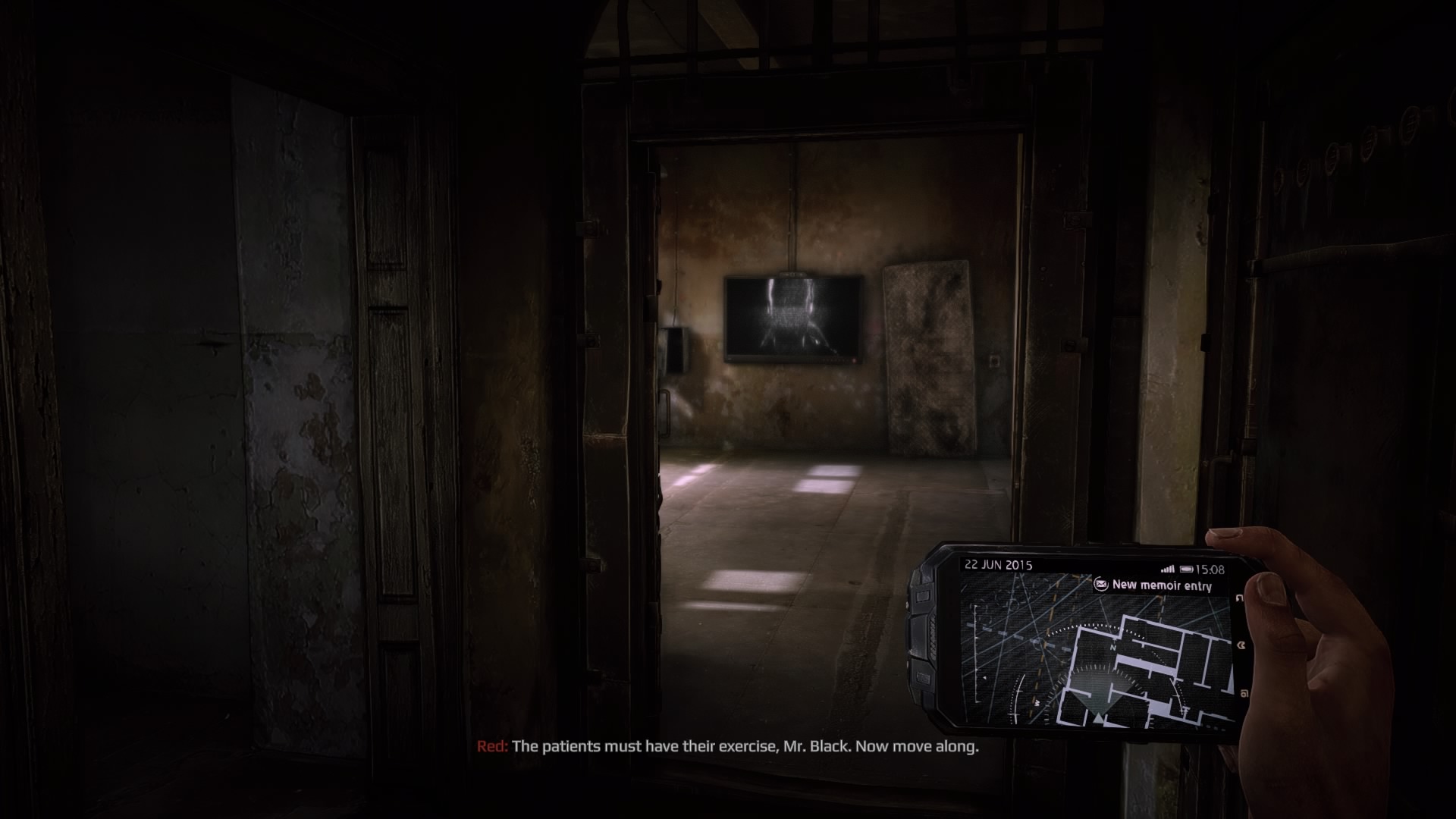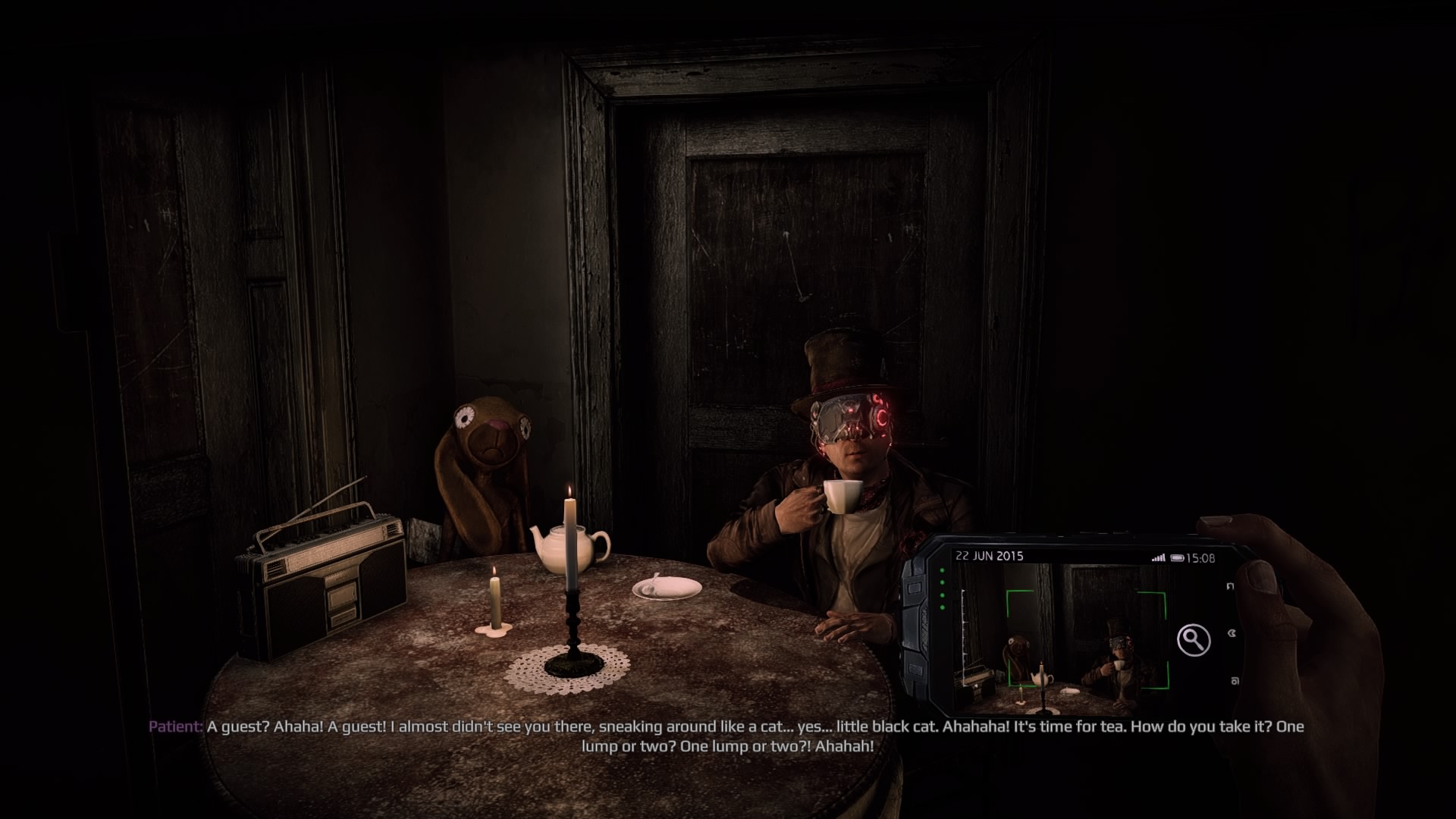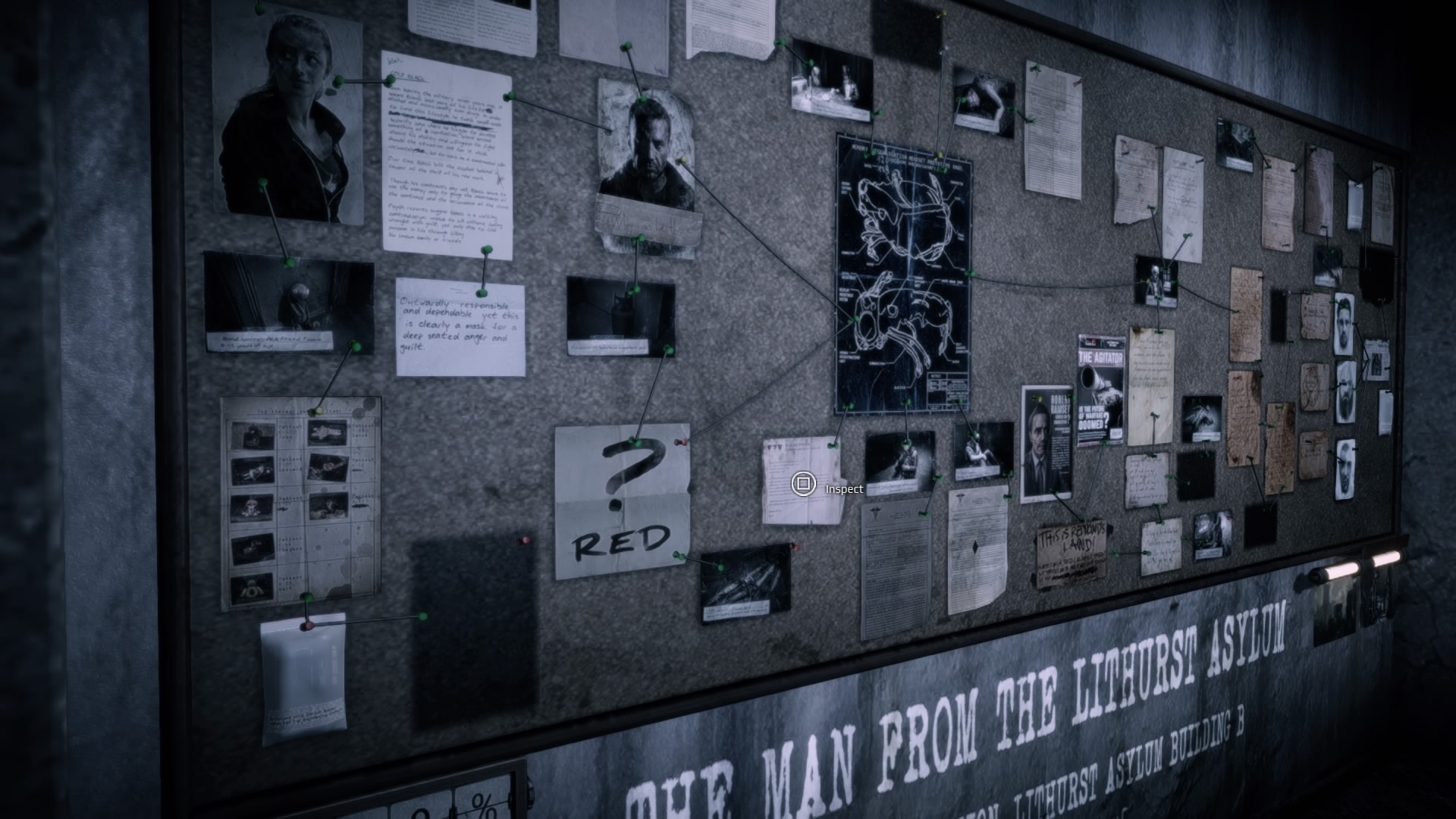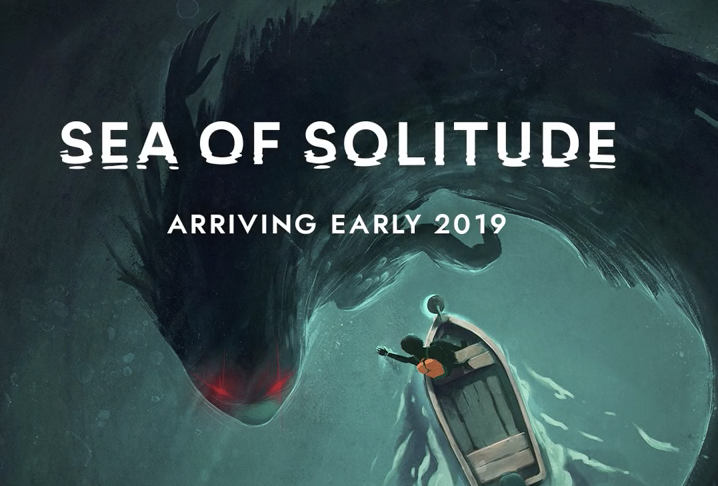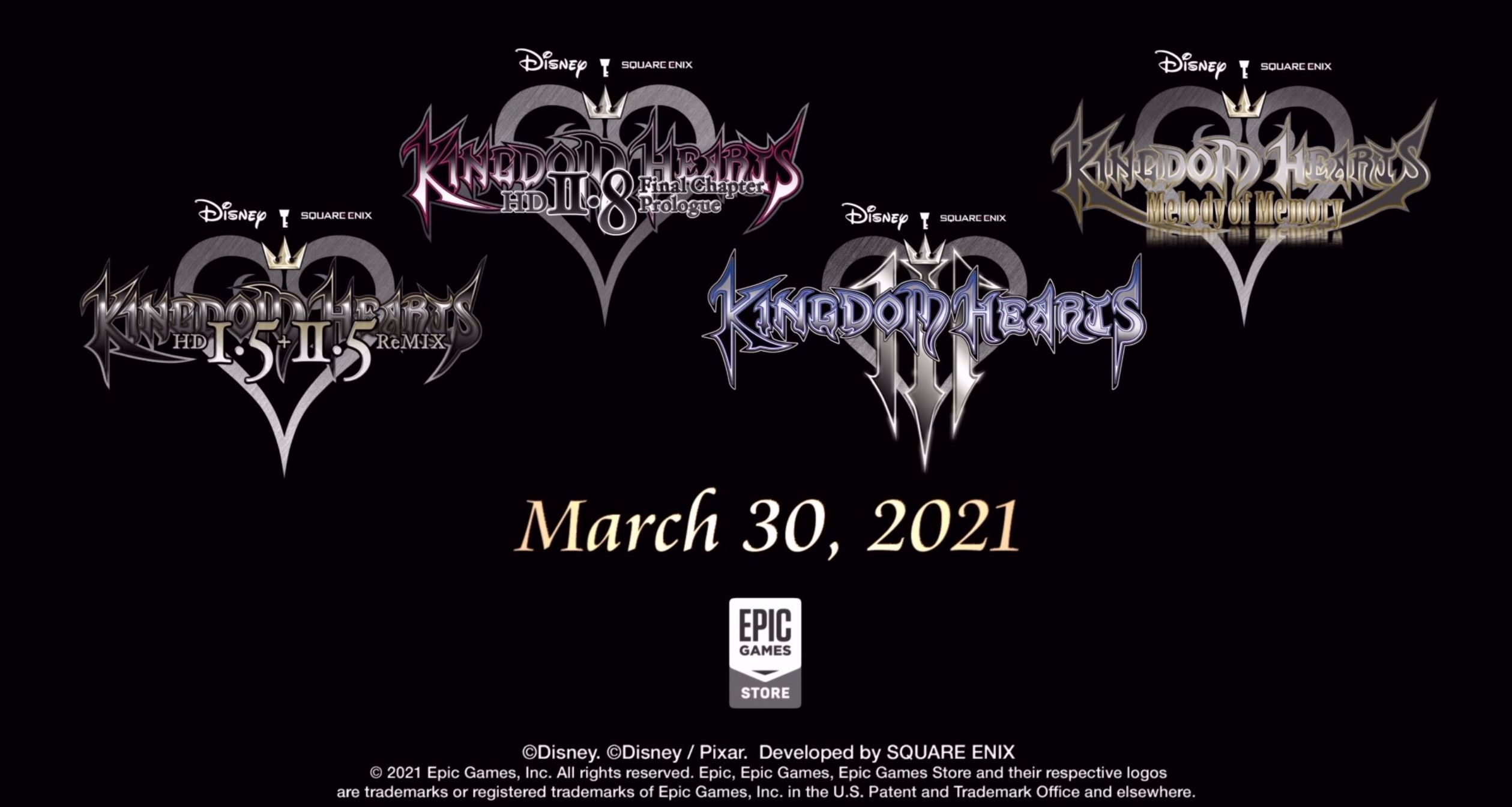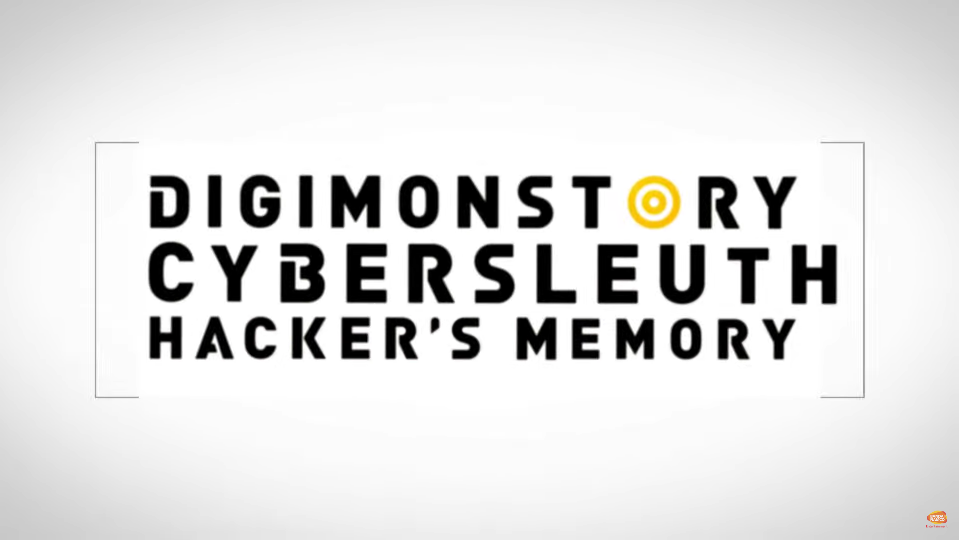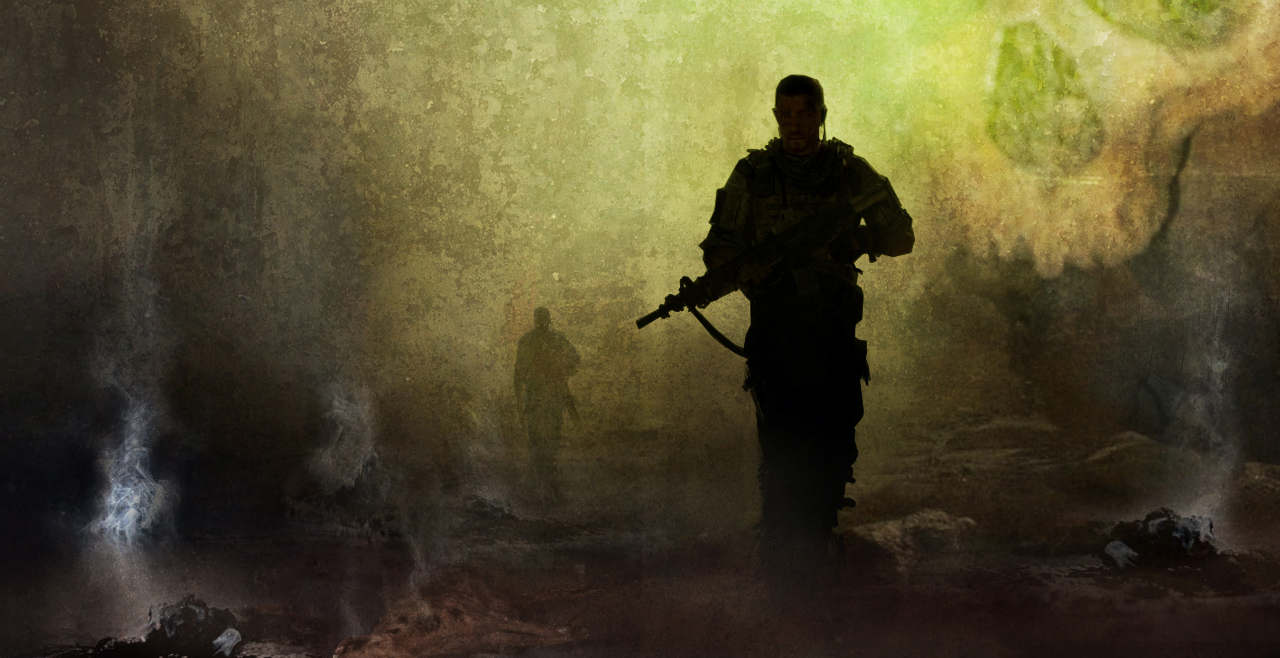
Get Even has one of the blandest, most generic titles for a video game in recent memory. It doesn’t even mean that much in the context of the game – Get Even makes the game sound like a bog-standard Taken-rip off, at most maybe an FPS with a tired ‘revenge’ theme. Combined with the first mission of the game, you might be led to believe exactly this as well. However, much like the similarly generic-sounding Spec Ops: The Line, there is much more going on beneath the surface of Get Even – a horror/thriller mystery that explores memory and madness, combining exploration, puzzle solving and stealth elements.
From Polish studio, The Farm 51, Get Even is an independent title that has been under development for several years, until it was picked up for distribution by Bandai Namco, in a similar manner to some of the publisher’s other indie investments, like Little Nightmares and Impact Winter. As an indie title, the developers have obviously felt free to experiment, and there’s a certain verve to the whole presentation that elevates the experience, beyond a bit of wonky gameplay.
Get Even puts you in the shoes of Cole Black, a man with a mercenary history, who’s lost most of his memory. All that he can remember are fragments of a rescue attempt of a kidnapped teenage girl, an attempt which ended with a terrible explosion. Black now finds himself trapped in an abandoned insane asylum, fitted with an experimental ‘Pandora’ device, and under the watchful eye of a mysterious figure calling himself ‘Red’. Red claims Black has submitted himself for treatment to reclaim his lost memories, although Red’s benevolence and true motivations are certainly questionable, once Black finds the asylum is not quite as abandoned as he expected.
Most of the game shifts between exploring the asylum and its inhabitants and, through the virtual-reality Pandora headset, reliving events in Black’s history – events which initially seem disjointed, but do eventually lead-up to the botched rescue. While the game is ostensibly a first person shooter, the action sections are de-emphasised in favour of exploration and evidence-gathering, and end up being the weakest aspects of the adventure.
Much like the Condemned series, Black is equipped with a super-smartphone, capable of a multitude of functions including evidence gathering, heat detection, an MGS-style map with eyesight-cones, and a UV light. They all have their uses, whether it be for puzzle-solving or stealth, and often you’ll need to utilise multiple functions at the same time, requiring a lot of back-and-forth between apps that unfortunately feels clumsy, both through its quick-select menu and shortcut keys.
With a few exceptions, Black largely explores abandoned, decrepit industrial environments, filled with graffiti tags and detritus from years of disuse. While sparsely decorated, great detail is nonetheless afforded to every room, especially in the asylum. There are many memorable and visually arresting scenes, often involving the use of life-sized puppets, which seem to have a life of their own off-camera. The line between reality and madness is constantly blurring, especially combined with an intense soundtrack from composer Olivier Deriviere (who was also behind the excellent music from 2008’s average Alone in the Dark).
So much of Get Even’s mood and tone is owed to the soundtrack. Tracks vary from maudlin strings and orchestral hits for emotional moments, to relentless driving techno beats against terrifyingly insane chanting in some of the more confronting areas of the asylum. It’s even playful at times – in one stealth section, being detected results in a cheesy pop song blaring out at full volume from your speakers; a bizarre choice, but one that gets the point across that you’re definitely attracting too much attention.
Black is heavily encouraged by Red to seek out as much evidence and information about his situation as possible, in the form of e-mails, documents, drawings, objects and bloodstains scattered around the environment – this forms the chief measure of your progression in the game, as finding enough evidence unlocks doors to additional weapons. However, the mystery surrounding Black’s predicament is your main driving force. Information is doled out both in evidence you find and in small expository scenes, appearing as still, 3-dimensional photographs, somewhat reminiscent of Everybody’s Gone to the Rapture. These are generally well performed, and quite realistic, somehow combining actual actors with some digital-ness effects that produce eerily lifelike snapshots. I will say that the actual answers behind what’s going on aren’t half as compelling as the mystery itself and how it’s presented – and this is a game where the presentation itself, as well as the exploration of its themes, seem to be the main point.
The most disappointing aspect of the game is the action gameplay, largely taking place in Black’s memories. Black’s main weapon of choice is the ‘Corner Gun’, a modular weapon that can bend around corners and snipe targets from afar, making it the perfect choice for stealth, which is always encouraged. Where the game gets a little muddy is in the exact mechanics around stealth and combat. The Corner Gun is a neat weapon, and incredibly useful to use to clear out areas silently, but Red admonishes you every time you take out an enemy, making it clear your actions could destabilise the situation and damage your status in the game’s morality system. Trying to proceed without any violence often seems counterintuitive, as collecting evidence in areas swarming with enemies can be nigh-on impossible, which often makes you question whether it’s OK to use guns in this area and not another… It’s a little clumsy in execution, as are the stealth mechanics in general, where despite clear vision cones for enemies on your phone’s map, you’re never quite sure if an enemy can see you or not, which leads to many, many re-loads of later stealth sections.
Replaying the game multiple times is encouraged, partly to make sure you collect 100% of the evidence in every area, but also to make different choices in the game’s morality system. At certain points in the game, some of which are clear and some which are unclear, your actions are recorded and taken into account for later judgment. Even without this system, at around 10 hours it’s a pretty decent length, especially when it’s able to hold your attention as well as Get Even‘s narrative. As a retail release at a budget price-point, it’s also well positioned as an experimental indie game with a lot of polish, that should attract a bit of a cult following.
Get Even aims at providing a unique, intense and compelling narrative experience, punctuated by action interludes and heavily relying on exploration and puzzle-solving. There’s a lot at play here, and some elements are fumbled, and even frustrating, but Get Even is audacious in a way that’s impressive for an independent developer. Sometimes slow, sometimes terrifying and sometimes bizarrely silly, Get Even won’t please everyone, especially those seeking a generic shooter like its title may imply. Get Even may be uneven, but for a game about lost memories, it’s also ironically one of my most memorable games of the past year.
-Unique, detailed presentation -Compelling mystery -Intense, moving score -Some genuinely memorable scenes
-Wonky stealth mechanics -Sometimes clumsy gameplay and rules

